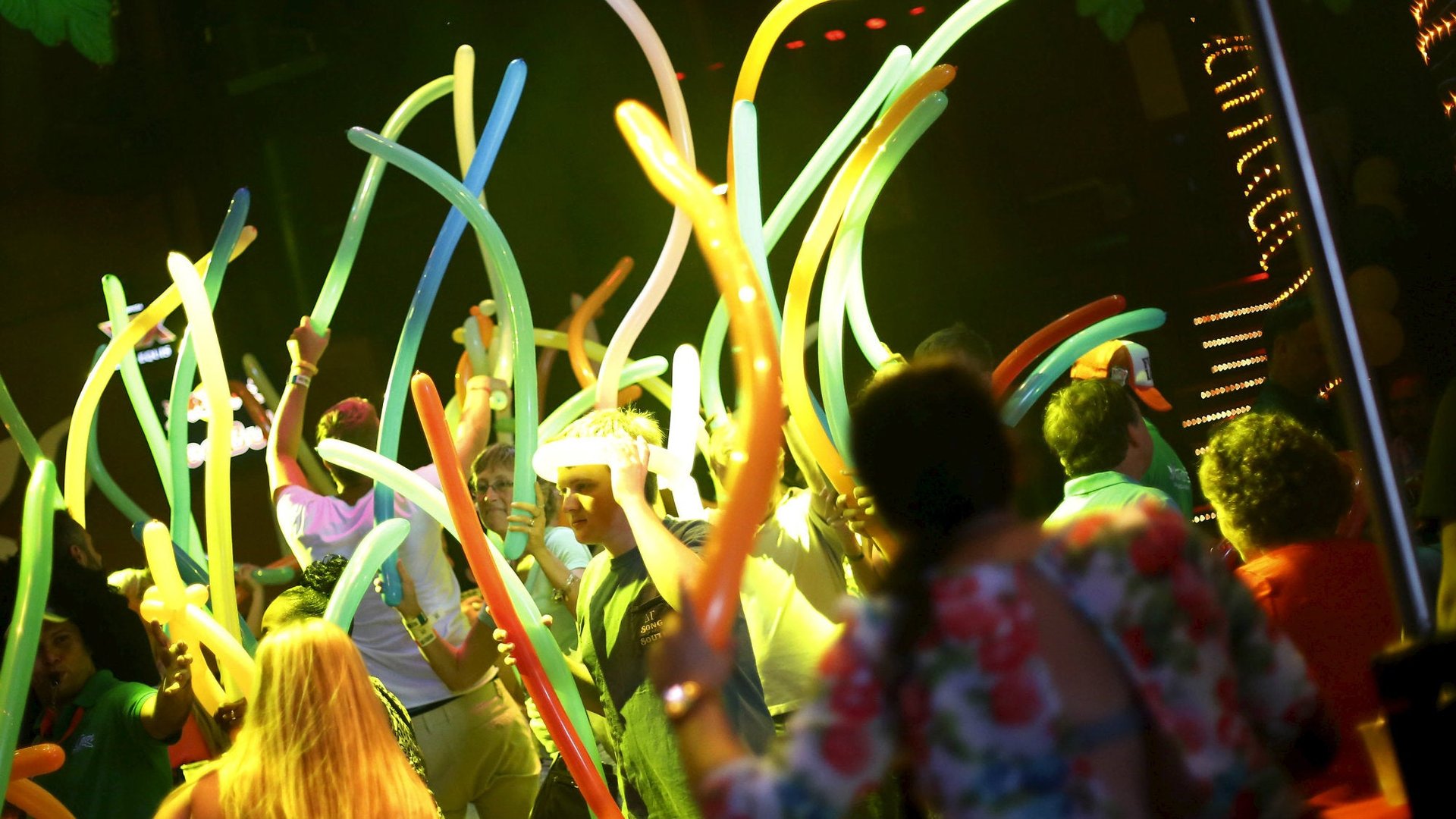Ketamine, better known as the rave drug Special-K, could be our next anti-depressant
The anesthetic ketamine produces a trippy, dissociative sensation that’s made it a popular recreational drug on the club scene, where it’s better known as Special K. It also has an interesting side effect: the drug seems to rapidly improve symptoms in people with severe depression. Clinics have sprung up around the US to administer the drug in low doses, even though it’s not approved by the FDA as an anti-depressant.


The anesthetic ketamine produces a trippy, dissociative sensation that’s made it a popular recreational drug on the club scene, where it’s better known as Special K. It also has an interesting side effect: the drug seems to rapidly improve symptoms in people with severe depression. Clinics have sprung up around the US to administer the drug in low doses, even though it’s not approved by the FDA as an anti-depressant.
Researchers have struggled to figure out exactly how ketamine works to combat depression. A US National Institutes of Health-funded study recently published in the journal Nature found the drug’s anti-depressant effects may stem from a compound created when the body breaks the drug down. If that’s the case, then that compound—hydroxynorketamine, or HNK—could have potential as a depression therapy offering ketamine’s benefits without the negative side effects.
When administered alone to mice, HNK did not appear to cause sensory changes in the animals —a bonus, as many patients seeking ketamine’s anti-depressive benefits don’t like the high that comes with it. Nor did it seem as prone to abuse as straight ketamine is. Given a choice, mice went for another hit of ketamine, but left the isolated HNK alone.
It’s an important breakthrough in understanding ketamine’s affect on the depressed brain. Ketamine “does something different in patients than any other drug we have available,” Todd Gould, a neuroscientist at the University of Maryland School of Medicine in Baltimore and lead author of the study, told Nature. Current anti-depressant medications take weeks to start working. Comparatively, ketamine works almost instantly, with patients reporting relief in as little as two hours.
Ketamine is one of several once-taboo drugs being re-evaluated for therapeutic use. In two phases of an FDA-approved trial, patients with post-traumatic stress disorder responded better to MDMA—known in its street form as Ecstasy or Molly—than to talk therapy alone. Researchers have also experimented with LSD and psilocybin, the active ingredient in “magic mushrooms,” to treat anxiety in terminally ill patients.
Unlike those trials, ketamine or HNK as an anti-depressant hasn’t yet been tested on humans. Animal trials are by nature imperfect translations—you can’t ask a mouse about its thoughts or emotional state. It’s far from certain how humans will respond to HNK therapy. The researchers are planning human trials, a process that can take years.
In the meantime, it’s worth noting that all these researchers are working with unadulterated versions of the drugs in the safe, controlled conditions of a lab. No one should interpret these findings as permission to act as one’s own pharmacist next Saturday night.